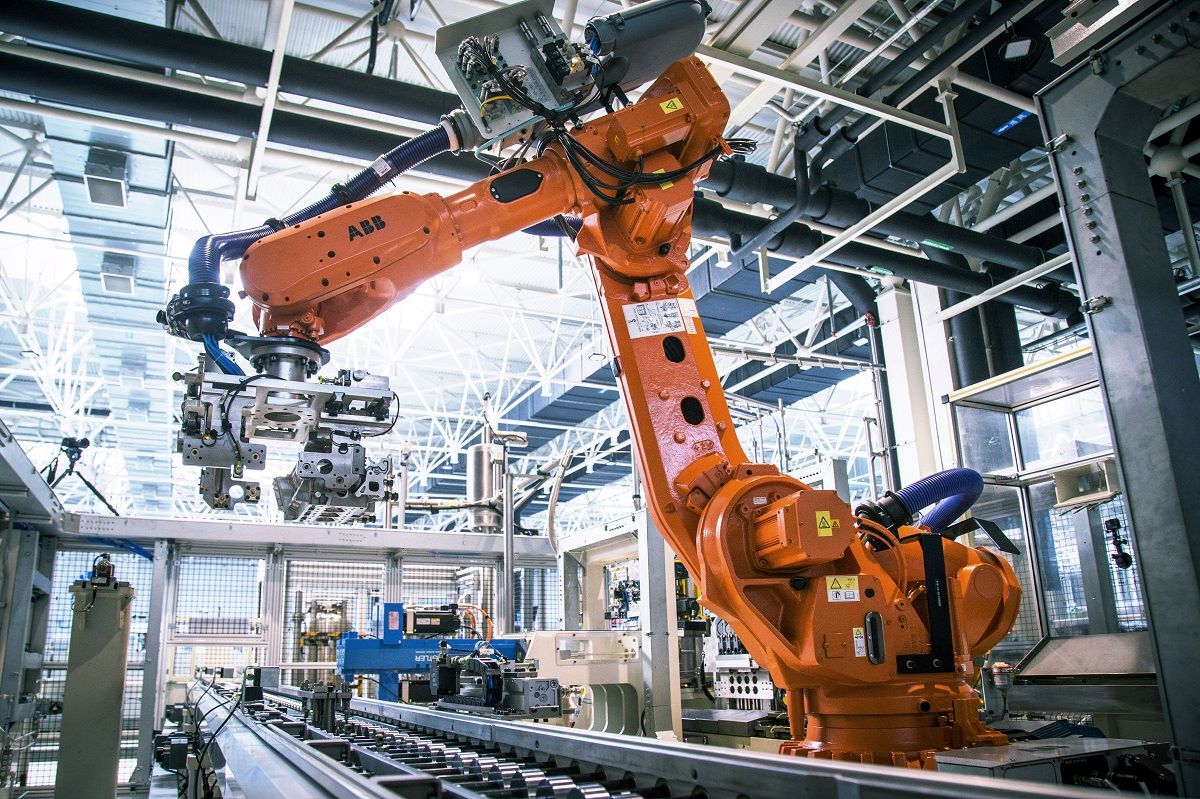China’s unstable recovery and sluggish global demand have hit manufacturing in the country, with official factory activity contracting for the fourth straight month in July. China’s manufacturing PMI came in at 49.3, data from the National Bureau of Statistics showed. While this represents a slight improvement from June, it is still below the important growth hurdle of 50.
Although manufacturing is in contraction mode, it has sequentially improved over the past three months. May PMI came in at 48.8, followed by 49.0 in June and then the 0.3 points increase in July. On the other hand, the non-manufacturing PMI reading for July at 51.5 was the weakest this year, down from 53.2 the previous month.
China manufacturing data good or bad?
The data comes as top leaders in China vowed to ‘adjust and optimize’ the property policy to ward off the ‘torturous’ economic recovery. Beijing has determined to implement a ‘counter cyclical’ policy while continuing with its loose monetary policy while doling out support to beleaguered sectors, as per the Politburo discussion late last month.
The official data on China manufacturing matches the Caixin/S&P Global PMI survey, which showed that the PMI fell to 49.2 in July. The private survey said that manufacturing output shrunk during the month while new orders declined at the fastest pace since December last year. On the other hand, new export orders saw the most contraction since September 2022.
The unstable recovery of China has dampened investor sentiment while creating problems for Beijing as it tries to revive the momentum of economic growth. The country is already dealing with weak demand, high youth unemployment and rising local government debt.
“China’s official PMI data provides little encouragement that the economy is turning the corner. And while the authorities have been vocal in their support for the economy, so far, that has not translated into the sort of sizeable fiscal policy stimulus many in the market have become used to expecting. We don’t think it is coming,” said ING in a note.
Reshoring of manufacturing and the deglobalization trends is also likely to have an impact on the world’s factories. The ‘nearshoring’ trend has caught the eye of investment managers as well. Richard Clode, Portfolio Manager at Janus Henderson Investors, who recently visited China, said, “…you know we’ve always seen China as the manufacturing sort of powerhouse of the world and everyone coming here to manufacture. But now the focus seems here to be manufacturing for themselves and very much localising supply chains, being more self-reliant.”
The slowdown in China manufacturing has weighed on other Asian manufacturers as well, with Taiwan’s July PMI sliding to an eight-month low of 44.1, Japan’s reporting a figure of 49.6, South Korea PMI coming in at 49.4, and India’s manufacturing activity slowing for the second consecutive month.
“Manufacturing PMIs remained in contractionary territory across most of Emerging Asia last month and the underlying data point to further weakness ahead,” writes Shivaan Tandon, emerging Asia economist with Capital Economics. “Falling new orders, bleak employment prospects and high inventory levels point to subdued factory activity in the coming months.”










 Australia
Australia China
China India
India Indonesia
Indonesia Japan
Japan Malaysia
Malaysia Philippines
Philippines Singapore
Singapore South Korea
South Korea Taiwan
Taiwan Thailand
Thailand Vietnam
Vietnam
 Germany
Germany USA
USA Switzerland
Switzerland Singapore
Singapore
 United Kingdom
United Kingdom








